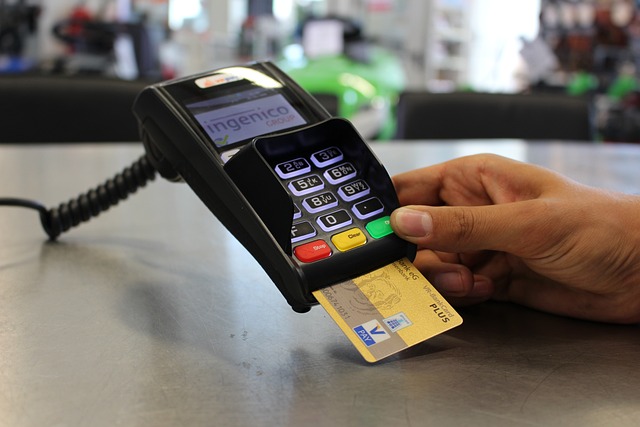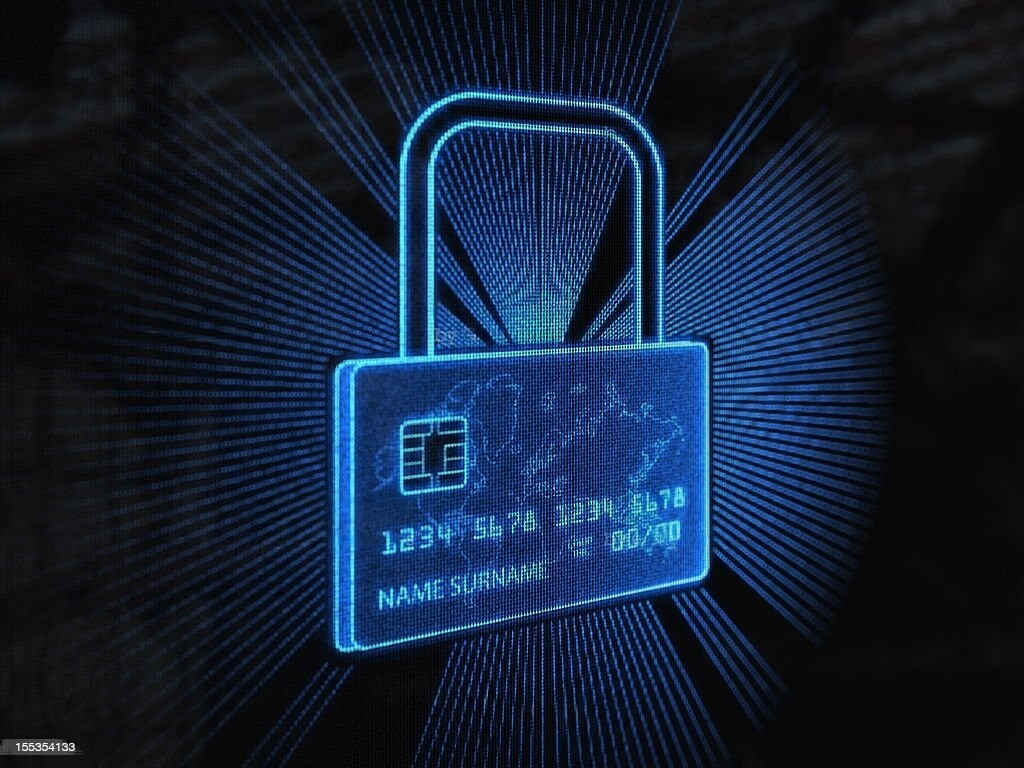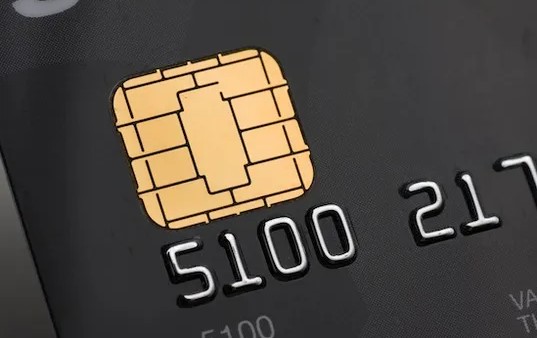Well, it’s time for the annual “Black Hat” conference in Las Vegas, which is actually a conference run by “white hats” to discuss security breaches in our wired world, and to share knowledge of any breaches or security lapses they’ve discovered before the real “black hats” do.
Black Hat Roundup: Goodwill, A Billion Passwords, and other “Hacker” News
















